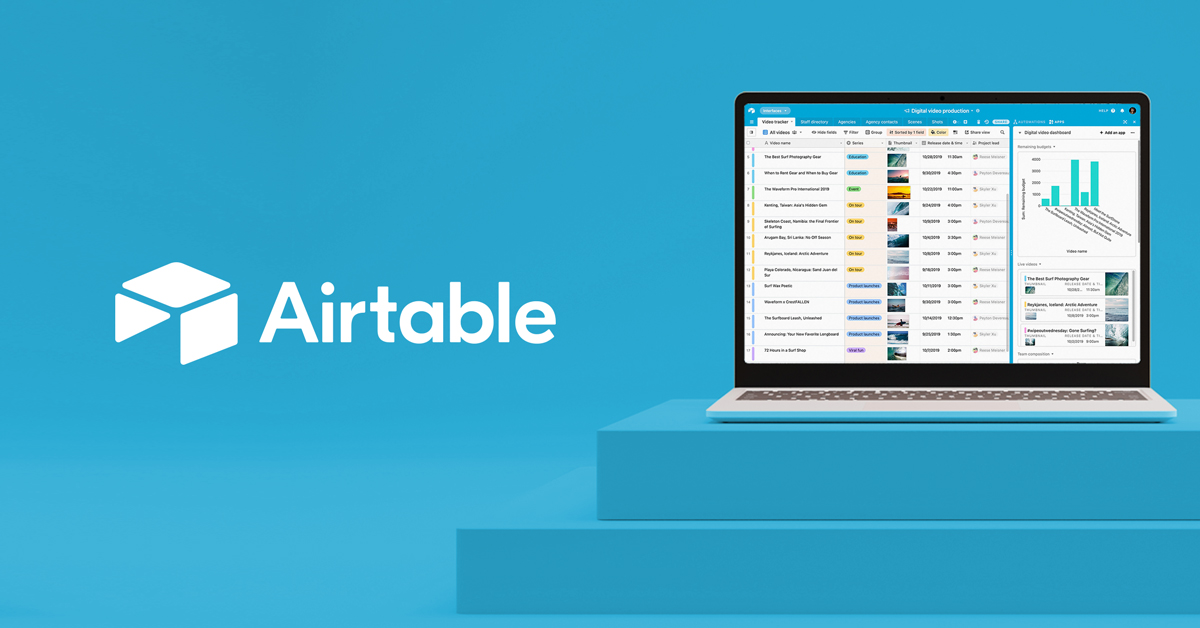Summary of different smart contract platforms
Assign
Collaborators
tesa_daa
Documentation
Date
Status
Priority
Dependency
Type
Needs
Notes
Description
Property
Property 1
Property 2
Property 3
DAO Smart Contracts
DAO’s must also consider the on-chain smart contracts that are used to govern DAO decision-making and logistics. These smart contracts dictate the logistics behind voting, investment proposals, distributions, and manage the DAO Member accounts. Investment DAOs have used Moloch v2, Aragon, and other DAO smart contract platforms such as Colony and Tribute DAO. The LAO has combined Moloch v2 and Minion into their current smart contract platform. OpenLaw and Moloch have a new Moloch version, Moloch v3, in development.
Figure 5. Venture DAO smart contract platforms.
- Moloch
Moloch v2 was designed as a for-profit version of Moloch granting DAO members limited legal liability via an LLC or C-Crop entity. The current version of Moloch v2 was created in a collaborative effort between MetaCartel, The LAO, and Moloch with the MetaCartel Venture DAO being the first user of the smart contracts.
Moloch v2 uses an ERC-1843 Claims Token to represent each Member’s investment in a project. Proceeds from project investments are sent to the DAO custodian where it is liquidated to a token suitable for distribution (i.e. stablecoins or ETH). Claims Tokens are restricted to transfers only to other DAO members or DAO whitelisted addresses.
Moloch v2 builds on the original Moloch smart contracts by allowing 1) DAO’s to whitelist which tribute token they will accept, and 2) DAO’s to remove a Member via the guildkick. The guildkick effectively allows the DAO to remove voting privileges from a Member and then to redeem the Member’s shares via a ragekick, the DAO equivalent of a ragequit. The Raid Guild wrote a good summary of Moloch v2 which can be found here.
- Aragon
Aragon is a governance protocol for DAOs that also enables DAOs to add customizable functionality to their smart contracts. The Aragon Association (AA) is a Switzerland non-profit entity that stewards the Aragon treasury. Aragon is used by DeFi asset managers such as Melon Protocol, PieDAO, BarnBridge, Stake Capital, and Curve Finance.
Aragon governance is “optimistic” where it is assumed that DAO members are acting rationally and with good intentions. Any malicious actions that get submitted can be challenged with the malicious member losing money and the challenger earning the malicious member’s collateral. Unnecessary challenges are disincentivized by requiring challengers to lock in collateral and with a potential loss of reputation for failed challenges.
Aragon currently offers 4 open-source products for DAOs:
- Aragon Client - a UI to create a DAO.
- Aragon Voice - a gasless way to verify voting on-chain.
- Aragon Govern - smart contracts to govern DAOs and DeFi projects.
- Vocdini - a mobile auditable, censorship-resistant, and anonymous voting protocol.
- Colony
Colony is another DAO framework that recently launched its v2 on xDAI in February 2021. Compatible with Gnosis Safe, Colony will release new features in the upcoming Q3 and Q4 of 2021 that will benefit venture DAOs. Q3 improvements include Coin Machine, a token sale mechanism, combined with KYC, and address whitelisting. Q4 releases include improvements to Treasury features, Finance dashboards, and Transaction tracking.
- Tribute DAO
Tribute DAO is the latest set of venture smart contracts that OpenLaw has worked on. They build upon Moloch v2 with a more modular architecture that allows for 1) off-chain voting, 2) an upgradeable framework after the DAO’s launch, 3) customized UX, 4) lower costs using optimistic smart contract executions, and 5) more customization via adapter and extension smart contracts.
Tribute DAO’s contracts aim to solve some of the issues with Moloch v2:
- Improved modular architecture
The new modular framework separates DAO functions into individual contracts which makes upgrades and improvements easier.
- Flexible, cheaper voting module
The voting module aims to improve on Moloch v2 by allowing for batch voting, off-chain voting, integration into Snapshot, and eventually allow for different voting mechanisms i.e. quadratic voting.
- Multiple token DAO structures
DAOs can now have different tokens for governance and for economic shares. This allows for easier bookkeeping and for the creation of sub-groups within the DAO.
- NFT support
DAOs can accept NFTs as a contribution and deploy capital for NFT projects.


